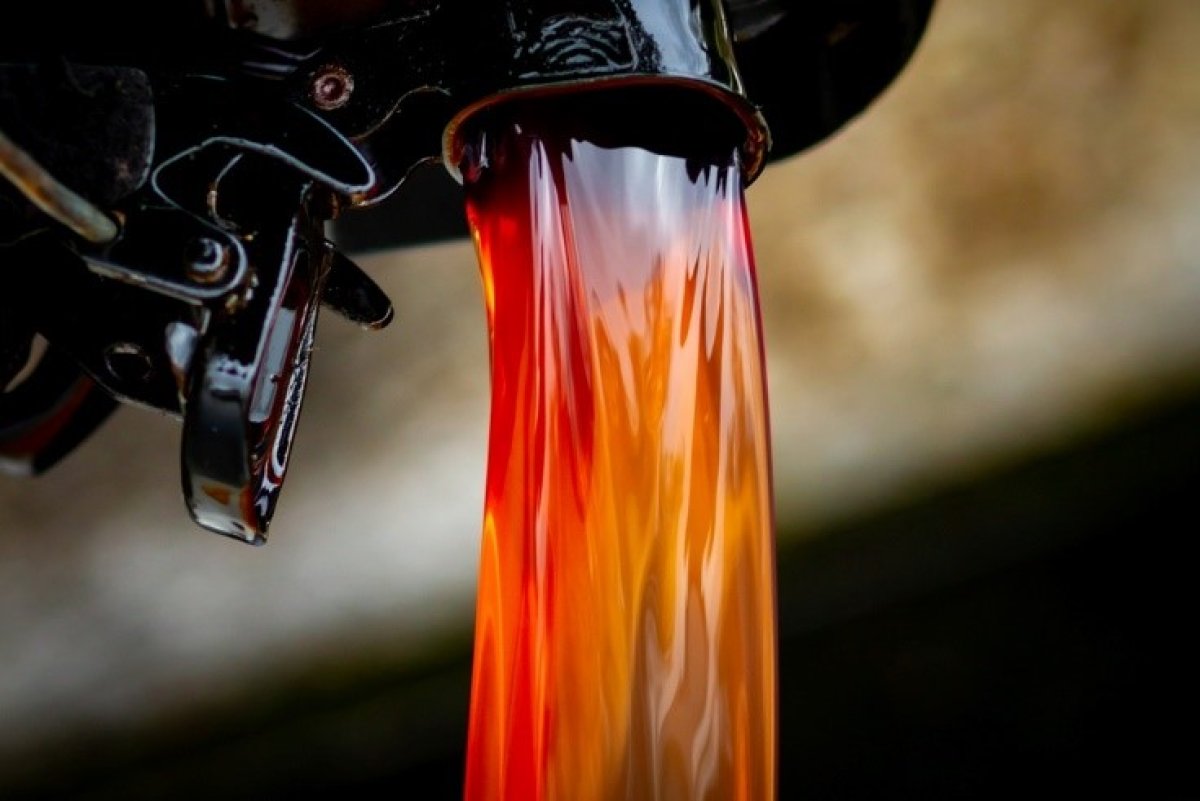Red diesel, also known as gas oil, was once a staple fuel for UK industries like agriculture, construction, and marine operations. However, recent changes to tax laws and environmental regulations have made its use illegal in many situations. In this guide, we’ll explain what red diesel is, why it has been banned for most users, who can still use it legally, and what the changes mean for businesses.
What Is Red Diesel?
Red diesel is a type of diesel fuel dyed red to indicate it’s subject to a lower tax rate and restricted to off-road use. It is chemically similar to white diesel (used in standard road vehicles) but is intended for use in off-road machinery, agricultural vehicles, and certain industrial applications. The red dye and accompanying chemical markers make it easy for authorities to detect misuse.
Industries like farming, construction, and marine transport traditionally used red diesel due to its cost-effectiveness. The lower duty made it a practical option for heavy machinery and off-road vehicles.
Why Was Red Diesel Banned in the UK?
The UK government introduced stricter rules on red diesel usage starting April 1, 2022, as part of its broader environmental and tax reform policies. The red diesel ban is aimed at reducing greenhouse gas emissions and ensuring fair taxation across industries.
Key Reasons:
- Environmental Impact: Red diesel contributes to air pollution and carbon emissions, particularly when used in older, less efficient engines.
- Tax Avoidance: The lower tax rate made it attractive for illegal use in road vehicles, leading to revenue losses.
- Fair Competition: Businesses using red diesel had an unfair cost advantage over those using fully taxed white diesel.
- Support for Green Transition: Phasing out red diesel incentivises the use of cleaner fuels and technologies.
What Changed in April 2022?
From April 1, 2022, the UK government restricted the use of red diesel to a limited number of sectors. Most businesses that previously relied on it had to switch to white diesel, which carries the full rate of fuel duty.
- Fuel Costs Increase: Switching to white diesel has increased fuel costs by approximately 47p per litre.
- Wider Tax Reform: The red diesel ban is part of the government’s plan to meet its net-zero targets by 2050.
- Limited Use Only: Only a few industries are still legally allowed to use red diesel.

Who Can Still Use Red Diesel Legally in the UK?
According to HMRC, the following are permitted to use red diesel:
- Vehicles and machinery used for agriculture, horticulture, fish farming, and forestry.
- Machinery used for snow clearance and road gritting.
- Rail vehicles.
- Non-commercial heating and power generation (e.g., hospitals, homes, churches).
- Marine vessels, excluding private pleasure boats in Northern Ireland.
- Travelling fairs and circuses.
- Community sports clubs and golf courses (for maintenance and clubhouse heating).
Businesses outside of these permitted uses must use white diesel or risk facing legal consequences.
What Are the Penalties for Using Red Diesel Illegally?
Using red diesel illegally is considered fuel fraud and can result in:
- Seizure of vehicles or machinery by HMRC
- Heavy fines
- Prosecution in severe cases
- Business disruption due to investigations or impounded equipment
Authorities use roadside checks and fuel sampling to detect red diesel misuse.
Impact on UK Businesses and Fuel Prices
The ban has had significant financial implications for industries that traditionally relied on red diesel. For example:
- Construction and plant hire companies have seen fuel costs rise.
- Recycling and waste businesses had to adapt quickly or face fines.
- Smaller contractors and sole traders have faced financial strain.
However, the change has also driven innovation. Businesses are increasingly turning to alternatives such as:
- Hydrotreated Vegetable Oil (HVO)
- Electric-powered machinery
- Improved fuel efficiency practices
Alternatives to Red Diesel in the UK
To comply with the new regulations and reduce their carbon footprint, many businesses are exploring:
- White diesel (fully taxed but legal)
- HVO fuel (a renewable diesel alternative)
- Biofuels and electric alternatives
- Hybrid machinery for lower emissions
Switching to cleaner fuels not only ensures compliance but also helps future-proof businesses as environmental regulations tighten.

FAQs
Can I still use red diesel on my farm in the UK?
Yes, red diesel is still allowed for agricultural use, including farming, horticulture, and forestry equipment.
What is the penalty for using red diesel illegally?
HMRC can fine users, seize equipment, or even prosecute businesses and individuals who use red diesel illegally.
Is red diesel completely banned in the UK?
No, it is not banned but heavily restricted. Only specific sectors and uses are exempt from the 2022 changes.
Is there a price difference between red and white diesel?
Yes. Red diesel was taxed at a much lower rate, making it up to 47p per litre cheaper than white diesel.
Can private boats still use red diesel?
Private pleasure boats in Northern Ireland are not permitted to use red diesel. Commercial marine vessels across the UK still can.
Final Thoughts
The UK’s red diesel ban reflects a shift toward environmental responsibility and fair taxation. While it poses challenges for businesses, it also presents opportunities to innovate and invest in sustainable energy solutions. By understanding the rules and seeking legal alternatives, companies can stay compliant and competitive in a changing regulatory landscape.










